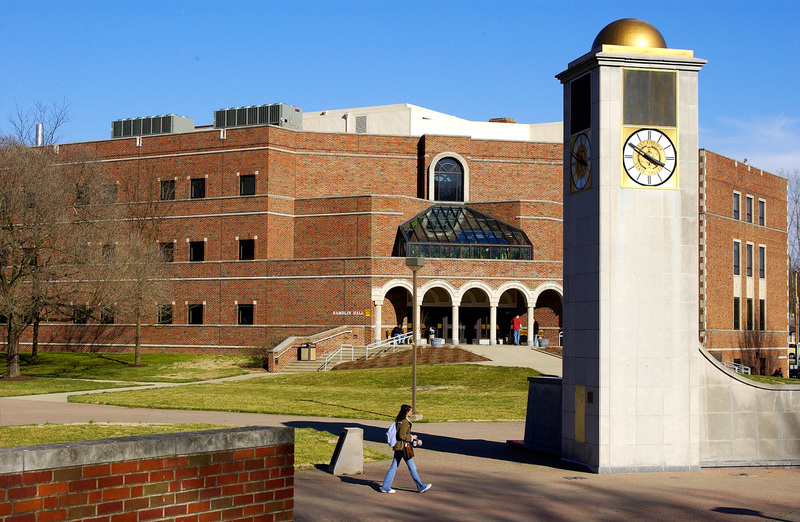Courtesy of West Virginia State University
West Virginia State University (WVSU) is one of four state institutions of higher education that have been awarded a highly competitive, five-year $20 million grant from the National Science Foundation’s Established Program to Stimulate Competitive Research (EPSCoR). The grant will boost academic scientific research and upgrade infrastructure at WVSU, West Virginia University, Marshall University, and Shepherd University. WVSU Professor Dr. Umesh Reddy will serve as co-principal investigator on the project.
EPSCoR is facilitated by the West Virginia Higher Education Policy Commission’s Division of Science, Technology & Research (STaR).
This funding establishes the WV Network for Functional Neuroscience and Transcriptomics (WV-NFNT), a statewide collaboration of neuroscientists and bioinformaticists working to position West Virginia as a center for impactful neuroscience research.
“West Virginia’s universities continue to make our state and country proud with innovative scientific research projects, and I’m thrilled the National Science Foundation is investing $20 million over five years to establish the West Virginia Network for Functional Neuroscience and Transcriptomics (WV-NFNT),” said U.S. Senator Joe Manchin. “I was proud to support this historic investment, which will allow our hardworking students, faculty and staff to continue to make groundbreaking strides in neuroscience and related research. This shows that given the right tools, West Virginia’s researchers can compete with anyone in the country. I look forward to seeing the positive impacts of this funding for decades to come and, as a member of the Senate Appropriations Committee, I will continue advocating for resources to boost scientific research opportunities across the Mountain State.”
“West Virginia has been a leader in neuroscience capabilities and research for years, and it’s important that our higher education institutions have the resources and tools they need to continue that leadership into the future, especially when they are able to collaborate as they are in this effort. I have been a steadfast supporter of ESPCoR programs, as they give our students and professionals unprecedented opportunities to advance scientific progress right here in West Virginia. I will continue to advocate on behalf of our institutions in West Virginia, and work to provide the resources they need to develop innovative solutions that impact our state, country, and world,” U.S. Senator Shelley Moore Capito said.
West Virginia has now received more than $105 million from NSF EPSCoR as funding or co-funding over the past 22 years, according to Dr. Sarah Armstrong Tucker, West Virginia’s Chancellor of Higher Education.

